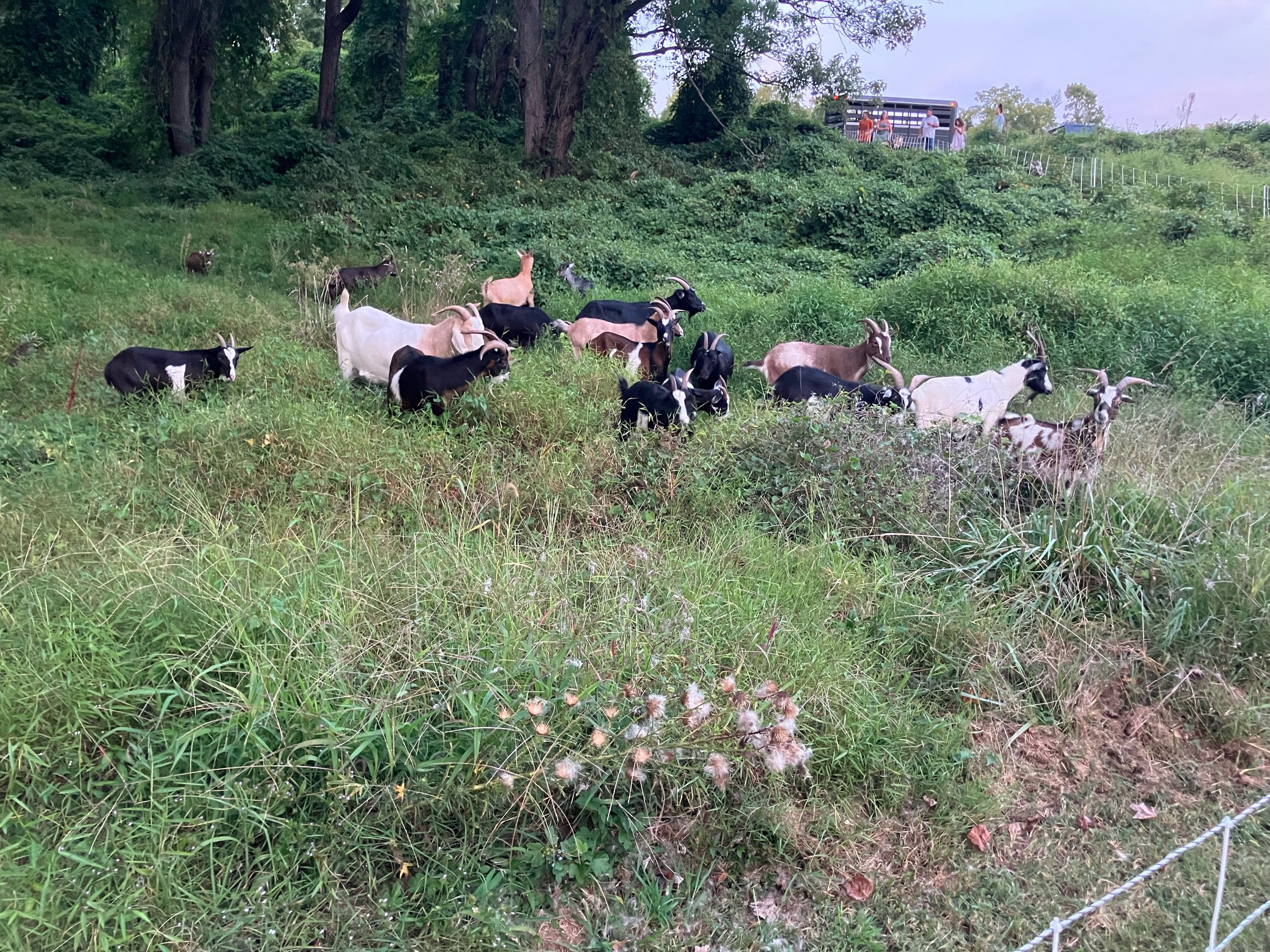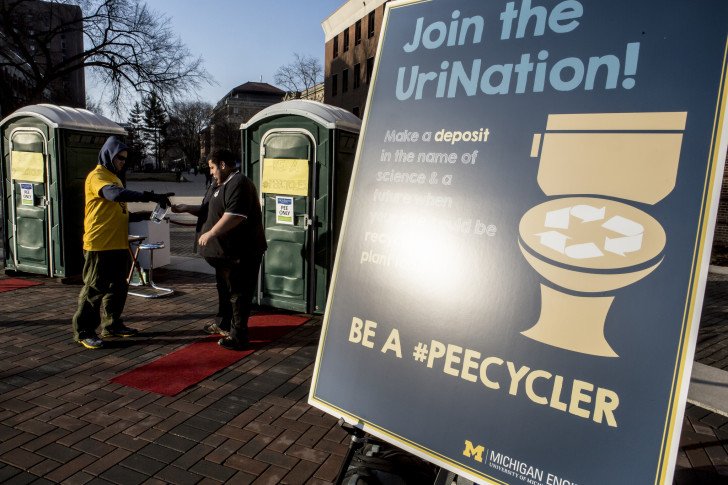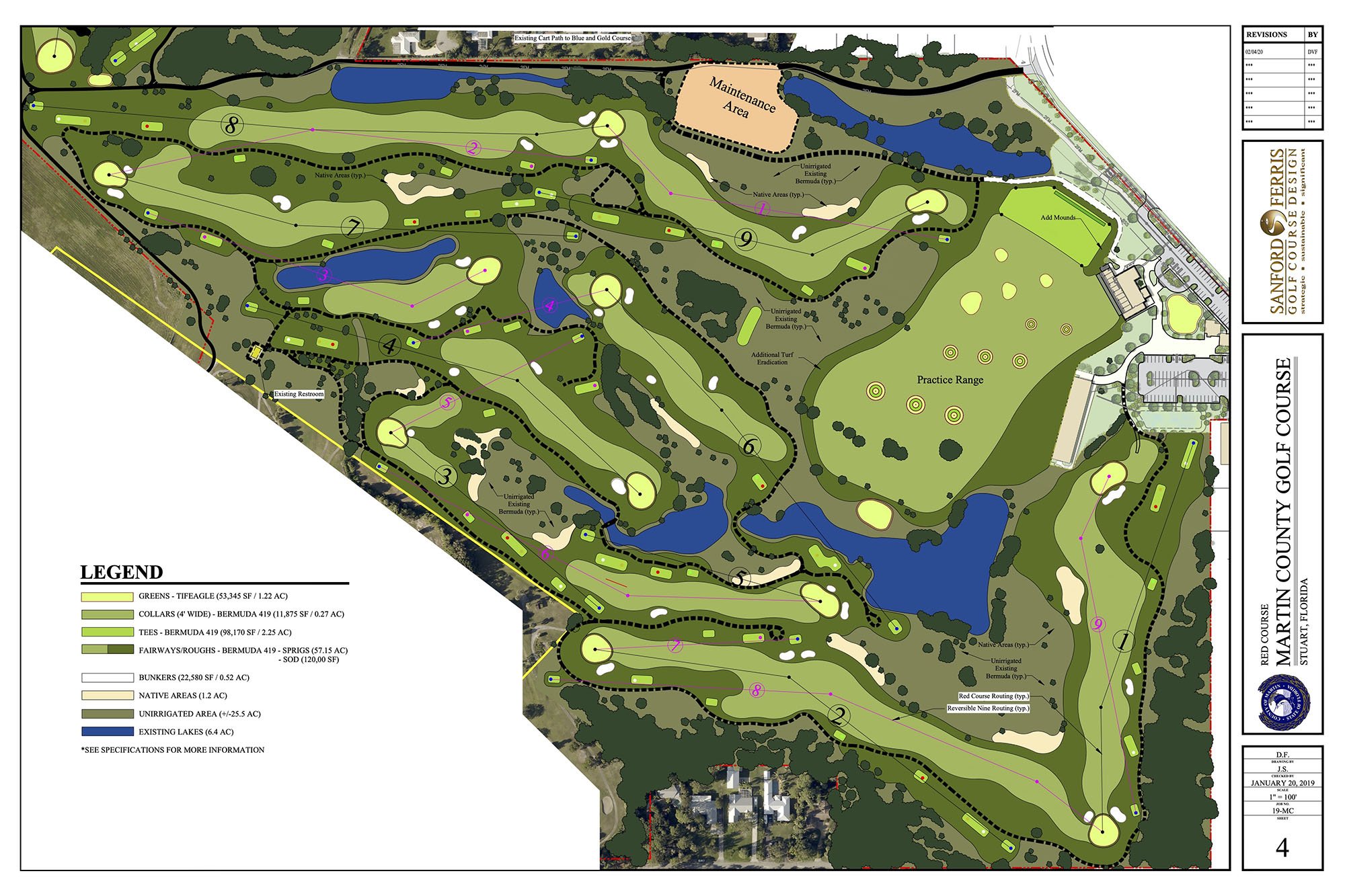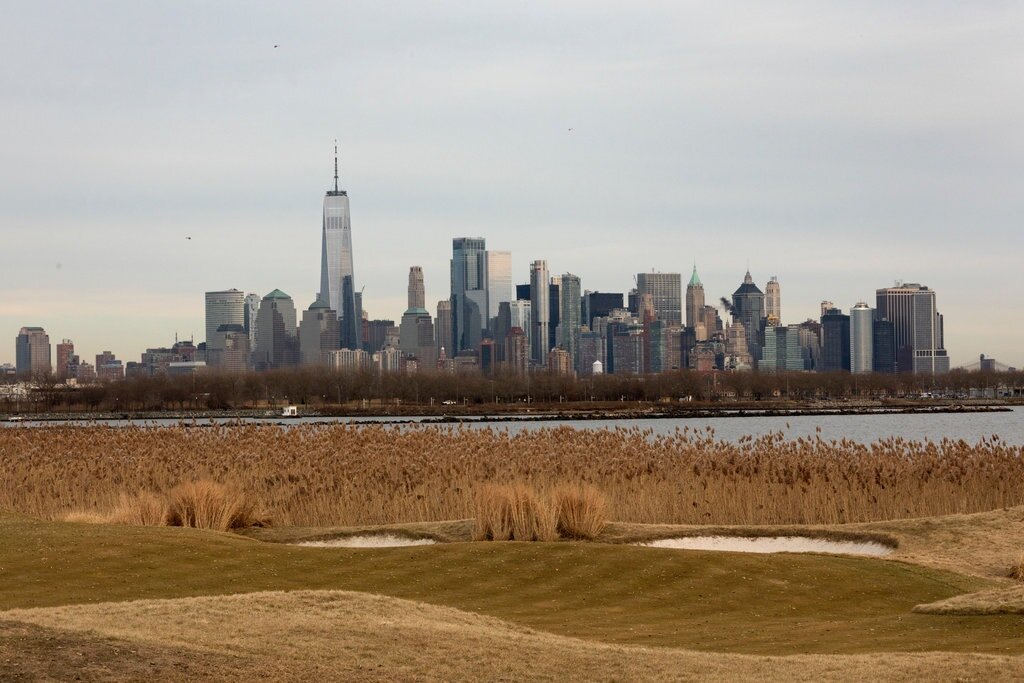
Driving the Green Blog
Sustainable Golf Course Management
Turf is a living, breathing being, as Randy Booker demonstrates throughout his practices in Regenerative Turf. The keys of turf health bear resemblance to the keys of human health. Mainly, it’s the health of one’s relationships that determine overall health (especially relationships with microbes, whether in our gut or in the soil)! Randy’s story tells about why curiosity is the cure to turf disease and other turf quality issues. By asking “WHY”, Randy Booker got to the bottom of his golf course’s biology, discovering solutions that were both natural and better for turf health.
In a world of many labels, certifications, and titles for sustainability, GEO Certification is the internationally recognized standard for sustainable golf.
GEO Foundation is dedicated to advancing sustainability in and through the sport of golf. The Foundation offers a number of programs and tools covering all aspects of sustainability, including guidance and highlights of industry best practice, sustainability reporting with data-driven insights, and a global certification program with credible claims and recognition. The following article outlines ten reasons why this certification is also great for business.
National Links Trust enlists the help of a herd of 40 goats to consume nearly 2 acres of invasive vegetation at Rock Creek Park Golf in NW Washington, DC. This project provided the organization and the local National Park Service staff with a new Integrated Pest Management System that was not only an extremely effective tool for managing invasive species but an engaging way to educate people about one of the most abundant environmental issues plaguing our natural ecosystems.
Le Golf National, located in the southwestern suburbs of Paris, hosted the 2018 Ryder Cup and also hosts the French Open annually on its Albatros Champions Course. Le Golf National is not only a renowned golf club in France, but it also walks the walks when it comes to sustainability. This comes as no surprise given how dedicated the International Olympic Committee (IOC) was to making the 2024 Paris Olympics the most sustainable yet.
ECO2MIX is a safe & sustainable water pH management alternative for golf courses. Healthy turfgrass relies upon having lots of water, but the quality of that water is as important as the quantity of water. For optimal turf conditions, soil and irrigation systems must have balanced (or slightly acidic) pH, and ECO2MIX offers a carbonic acid solution that costs between 20-40% less than sulfuric acid alternatives.
This article highlights a few guiding principles that golf club managers and superintendents as well as others in the industry should consider when discussing their sustainability efforts.
North Shore Country Club demonstrates that for a golf course, preservation need not detract from playability, prestige, and profitability. A fully conscious approach may even enhance all of the above. For Dan Dinelli, “multi-functionality” simply means understanding the land of a golf course and the many ways that it can provide value. Such an approach allows the facility to create value in multiple areas: economics, agronomy, ecology, and community – creating a “win, win, win, win”.
A climate resilient golf course is one that sees the opportunities for community leadership and takes the initiative to explore ways to implement many of the types of projects listed above. Andrew discusses his takeaways from a regional climate resiliency summit hosted by the Mid-Atlantic Region of National Parks Conservation Association.
While most golf courses seek to be efficient and resourceful with their inputs, monocultural grass production (i.e., the model of a typical non-diverse golf course that requires significant inputs) can be inherently antagonistic to the principles of nature. Allen Williams of Understanding Ag, LLC can help us understand the principles of nature, and how those principles can become the best friends of natural, efficient, and sustainably profitable golf course management!
A trip home to Central Florida led to my inaugural Muni Golf Field Trip where I traveled to three Orlando-area municipal courses to learn, observe and connect with fellow municipal golf stakeholders.
If we cast our gaze from the conventional wisdom of golf course management over to the quickly ballooning adoption of regenerative principles and practices in agriculture, we may find ways, completely out of the box, to think about and manage our courses differently (and perhaps a lot more profitably).
Not all weeds are made equal. One weed (hemp) might actually become your most valuable source of cost reduction while generating multiple streams of revenue on the land your golf course isn’t currently using.
Municipal golf can become an inspiring cornerstone of how municipalities meet the United Nations’ Sustainable Development Goals. In the latest edition of our Sustainability Spotlight Series, we are excited to share the process, results and methodology behind the National Links Trust’s first materiality assessment and stakeholder survey, and how we used the UN SDG framework to prioritize NLT’s current and future sustainable development programs in Washington, D.C.
In the next issue of our Sustainability Certification Series we profile the non-profit organization based in North Berwick, Scotland that has, alongside experts from many backgrounds, facilitated the international voluntary standards for sustainability in golf for over 16 years, the GEO Foundation for Sustainable Golf.
For golf courses, optimal efficiency means providing the best possible experience to golfers using minimal inputs and costs. Golf’s major inputs (irrigation, energy, and chemicals) ultimately run up the score on golf’s carbon scorecard… only when this scorecard gets high it will be melting snowmen by causing higher temperatures (rather than just penciling snowmen on the golf scorecard as most of us do).
Andre recaps the 150th Open Championship, sharing its sustainability initiatives along with his experience of The Old Course at Saint Andrews.
USGA Deacon can help golf courses provide better golfer experiences while at significantly lower costs to the bottom line and the environment.
The U.S. Open is America’s oldest golf championship and operated by America’s oldest governing golf body, the United States Golf Association. It is usually one of, if not THE, toughest tests of golf each year and features 156 of the best golf professionals and amateurs in the world. For our next installment in our Sustainability Spotlight series, we examine America’s national golf championship from our Driving the Green perspective and shed some light on the great things going on behind the scenes at this year’s tournament as well as some of the amazing golf history that has taken place at the host golf course.
The GRI Standards are internationally recognized as the leading guide for sustainability reporting. They require rigorous and comprehensive disclosures to yield a host of external and internal benefits to organizations reporting on their social and environmental impacts.
Conquering the unmanaged invasive vegetation that lines the border of Langston Golf Course in Washington, D.C. is one of the biggest challenges in my new role as a sustainability consultant for the National Links Trust (NLT). There’s been a lot of learning on the job for me and figuring out how to tame the unruly beasts roaming the edges of this historic municipal golf course is one reason why.
This is the first article in a series that will outline the different certifying bodies in the golf and sports industries. These specific organizations are vital to the green sports movement because they provide teams, businesses, and organizations with a blueprint for managing and implementing sustainability focused social, environmental, and economic programs. The first such certifying organization we will cover is Audubon International.
Pee-cycling is an innovation that diverts urine before it joins a combined waste stream (urine, feces, and chemical treatment), safely reclaims the nutrients from our urine, and then applies those nutrients toward a productive use (agriculture, turf grass management, et cetera).
Ur-ine our thoughts, circular pee-conomy!
Pee-cycling is a part of what the Soil Factory Network and Cornell professor Dr. Rebecca Nelson refer to as the “circular bionutrient economy”, which promises an old but bold solution to closing the loop between the production and disposal of key nutrients like nitrogen and phosphorus. In simplest terms, what now harms the environment might instead save it.
Sailfish Sands Golf Course features Florida’s first reversible 9-hole golf layout and an all-around operation that matches the muni ideal: high tech, high quality, low impact, and low cost to the average golfer.
Kathy Sue McGuire started the first office recycling program in the State of Florida in 1991. For over a decade, Kathy worked for PGA National Resort (home of the Honda Classic). In that same timespan, she founded her consultancy now known as 3 Pillar Solutions, which helps clients meet sustainable development goals while improving efficiencies and making a profit.
We spoke with Andrew Glen, Superintendent at KDV Sports Complex on the Gold Coast of Australia to learn more about his one-of-a-kind, 100% organic golf course and how to make organic golf scalable across the industry.
Nothing stokes the fire within a sports fan’s heart more than playing against a rival, where every aspect of the game is magnified by the added desire to not just win, but to beat the snot out of your opponent. For this edition of the Sustainability Spotlight, we turn our attention to focus on the sustainability issues involved in golf’s biggest rivalry, the Ryder Cup.
We go ‘Behind the Ropes’ with Parker Cohn of Performance Resource Management at the Korn Ferry Tour’s Boise Open to uncover the strategies and solutions he is implementing to provide Hillcrest Country Club with premium agronomic services.
Over the next three weeks, the PGA TOUR 2020-21 season will come to a close with the postseason tournament series known as the FedExCup Playoffs. So for the next installment of our Sustainability Spotlight series, we shed light on and dive into the sustainability successes and struggles of each of the three tournaments within this end of the year playoff series.






























The California Community Golf Summit brought over 130 municipal golf stakeholders together to discuss a range of issues including rising operational costs, diminishing natural resources, and conflicts over land use, just to name a few. Director of Sustainability at National Links Trust (NLT) and Co-Founder of Driving the Green, Andrew Szunyog, discusses his participation in key panels:
Existential Threats to the Game
Are You a Welcoming Golf Course?
Maximizing Efficiency in Golf Course Agronomy
Community Programming Success Stories
Enhancing Community Golf Through Design
Emerging Markets